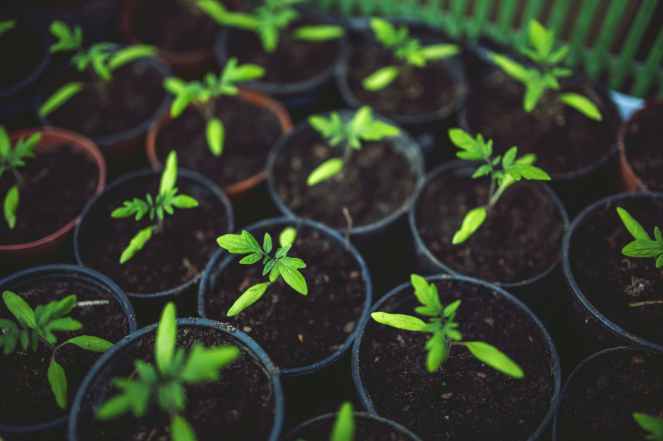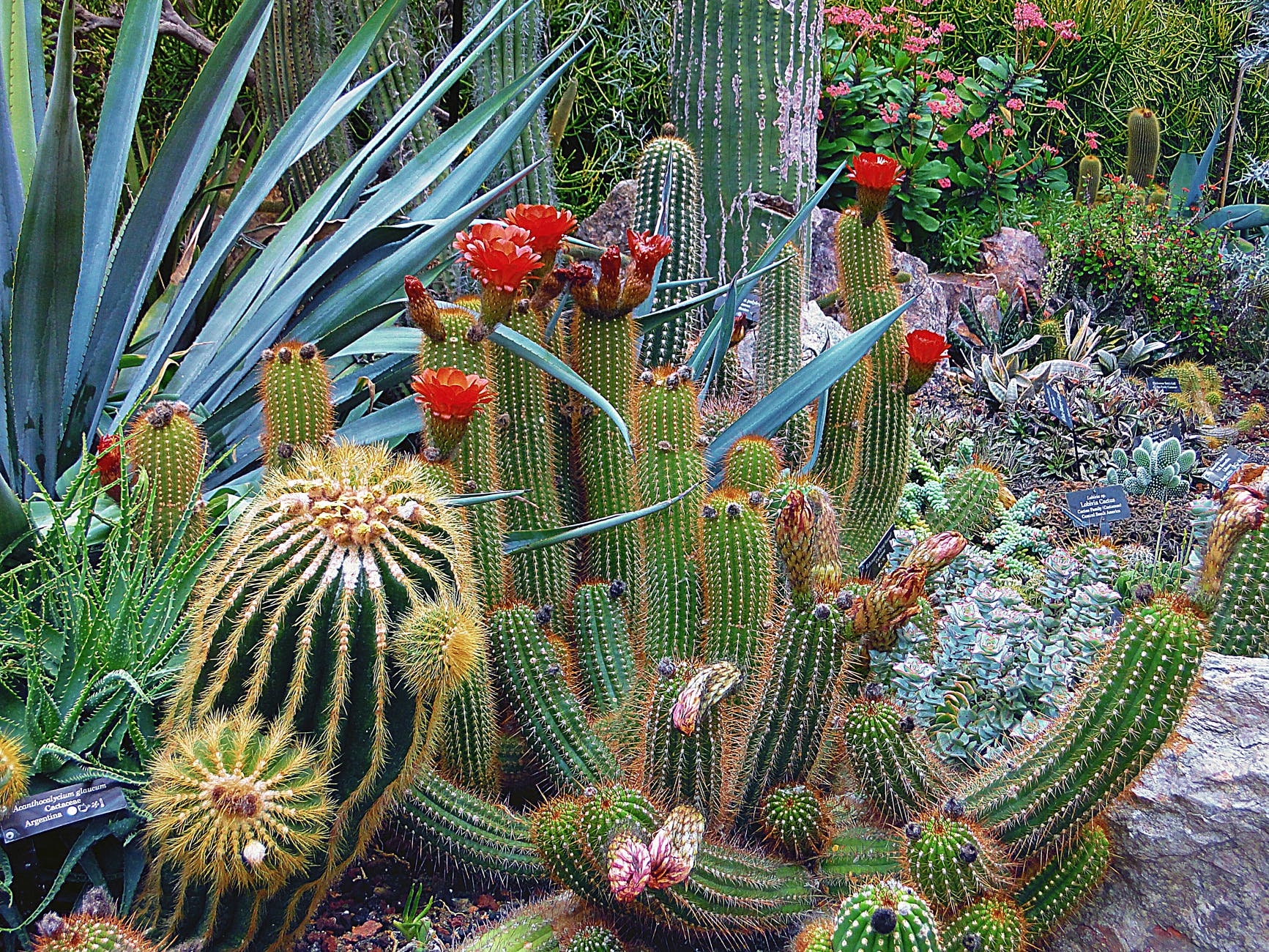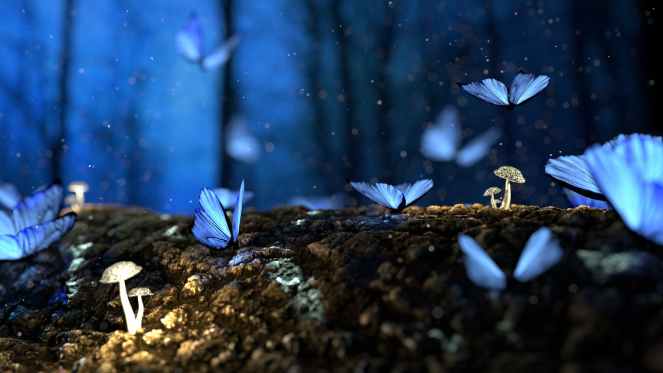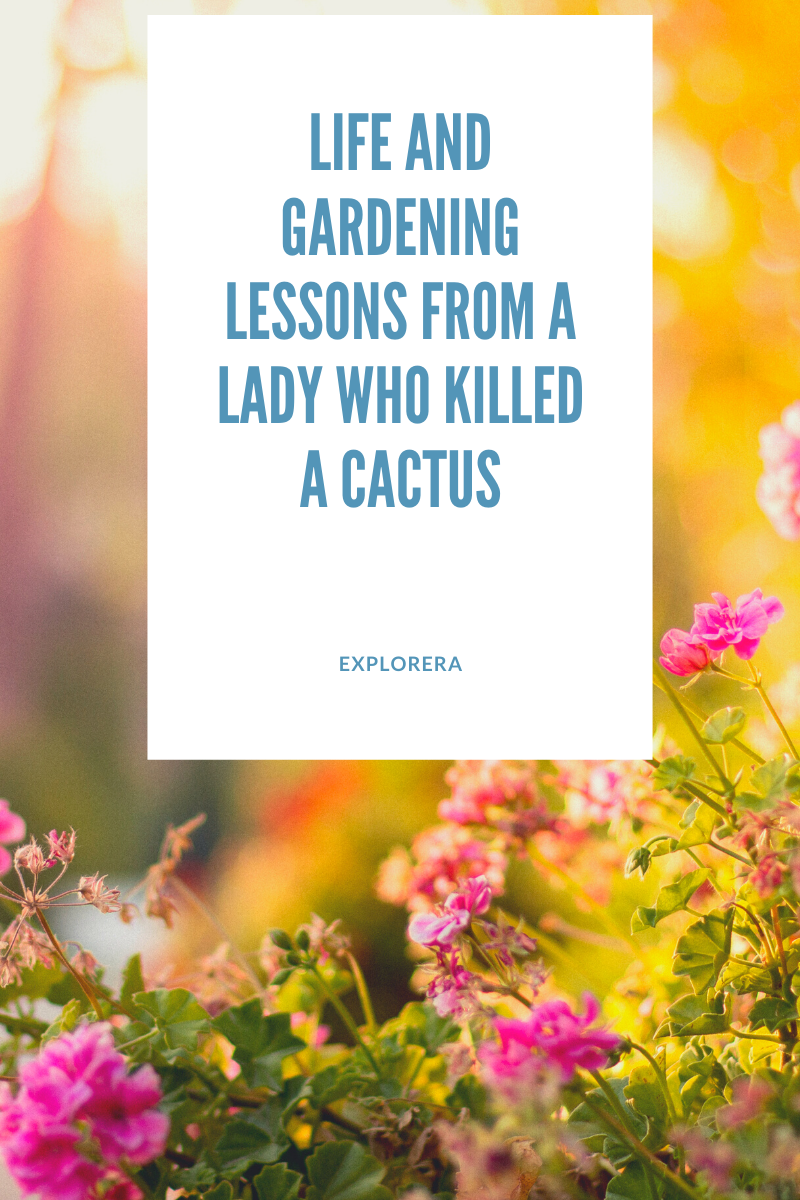Back in high school, someone gave me a cactus. And because I’m so not into gardening (even if I appreciated flowering plants), I forgot all about it.
Or maybe I watered it once or twice, then left it on the kitchen window sill. By the time I remembered it, it was already dead.
This and a few other fauna casualties made me believe I did not have a green thumb–at all. So I generally kept away from gardening. I wasn’t interested enough and apparently, I wasn’t even good at it. Plus, if the plants didn’t want me, why would I want them, right?
And then a few years ago, my retreat adviser asked me, “Why not try to garden?”
Her suggestion immediately conjured images of tiny green shoots dying one after another. There would be no apparent reason for their sudden demise, save for the fact that someone who didn’t have a green thumb–me–had touched them.
By then, I’ve been through enough failures. I’m not keen on nurturing plants and then watching them die on me. That would make me feel like a failure. Again!

Fast forward four years later, and I’ve actually begun dabbling on gardening again. Some of my plants died. I mean, can you imagine my frustration when my tomato plant was almost a meter tall and it withered! Then four garlic plants died after a month or two?!
But I’ve moved some plants from the back of our house (where they were withering) and used them along the edges of our front fence. I found some bromeliads waiting to be transplanted, and I placed them in pots. I think 3 or 4 have already blossomed. We were even able to bring one for Papa in the columbary.
Gardening = Life Lessons 101
Now that I’ve begun dabbling in gardening, I have a deeper appreciation of my retreat adviser’s suggestion.
Gardening is like a free crash course on life.
And here are some of the lessons it has taught me.
1. Not everything you sow will grow.
This is like Failure 101. You can give something your best, care for it, water it every day, but there’s no guarantee that it will flourish.
I don’t believe that you’d reap everything you sow. Sometimes, you sow a lot but reap next to nothing. Or maybe you reap nothing but gain lessons and wisdom instead.
Nothing in this life is guaranteed. But even if a lot of things are beyond your control, some factors are in your hands. This brings me to the next lesson:
2. Think of the plant and what it needs to flourish.
While you can’t be 100% sure a plant will survive, you can increase its chances of thriving by finding the right soil type, learning how much water and sunshine it needs, and ensuring the plant gets these.
Every plant is almost like an individual, and you need to understand what the plant needs and provide that.
And just like when dealing with people, you need to understand who you’re dealing with. This way, you can tailor your responses. And I don’t mean faking it, but communicating it in a way that they are more likely to understand.
Similarly, when we’re learning to take care of ourselves, we need to ask what we truly want and need. For example, you may have been told you need to do X, Y, and Z in your career. But deep within, you know it’s not the track for you. The formula seemed to work for others, but it won’t give you the life you want. If that’s the case, stop forcing yourself to fit in. Or at the very least, don’t deny to yourself who you truly are.
3. Respect the process
No matter how many times you water a plant, if it’s not yet meant to bear fruit, it won’t bear fruit. If it’s not ready to be transplanted and you dare move it, there’s a chance it would die.
Gardening, just like life, seems to have rules. To succeed in both, you need to respect their processes, their seasons.
In the same way, you can’t just tell yourself to not be sad when you are grieving. You need to let the emotion pass through you. Then, it melts away faster. But if you deny it or repress it, it just festers. It will manifest in another form–perhaps a depression, an addiction, or another form of self-sabotage–until it can get you to acknowledge your sadness and pain.
Health Benefits of Gardening
In case you need a little more convincing to get your hands dirty and start digging, here are some health benefits of gardening.
1. It strengthens your muscles.
Gardening, like dancing, yoga, tai chi, and sports, is considered a multicomponent physical activity. This means that it combines different physical activities–aerobic, muscle strengthing, balance training–into one.
Considered a moderate-intensity activity, gardening can lower your risk of injuries from falls as well as obesity, high blood pressure, type 2 diabetes, osteoporosis, heart disease, stroke, depression, colon cancer, and premature death.

2. Flowers are natural mood boosters.
A beautiful garden is way more than Instagrammable. Rows of flowers or a wall of orchids quickly grab our attention. You’d look at them and admire them just because.
When we want to add some color to a room, we bring in some cut flowers.
Besides being one of nature’s most beautiful inventions, flowers are also healers. They can lower the risk of stress-related depression, help people relax, and boost their mood.
3. Gardening may be a good stress reliever.
Even if you’re not really fond of flowers, the act of gardening itself can still wipe away your stresses. In one experiment, those who gardened felt more positive after gardening than those who were assigned to read.
So if you’re not the book-lover type, and you’re not into sports either, you just might want to garden instead.
Gardening and Embracing Life
Aside from the life lessons and the health benefits, gardening has also helped me see how much there is to appreciate now. Not when I finally reach my goals, saved an X amount, paid Y, or traveled to Z.
Being in the moment
It’s hard not to be in the moment when you’re trying to gently replant the seedlings, or if you want to simply appreciate the tiny shoots by the windowsill.
Of course, I’ve often imagined what it would be like to finally harvest some greens, or gather some flowers. But I think I’ve exhausted my own impatience and excitement in the past months. Right now, I’m focusing more on making sure these seedlings grow, watering them regularly, and using organic trash we generate daily as organic compost.
Appreciative of everything
I’m not really sure why, but somehow, gardening gave my left-brain personality a pause. While a huge part of me wants to ACHIEVE a beautiful garden and harvest home-grown vegetables and greens, a big part of me also wants to just be, to just take care of these seedlings.
And maybe, nurturing these tiny, vulnerable shoots made me aware of nature more: The sunshine streaming through windows, the occasional showers that nurture plants and trees we rarely water, the butterflies fluttering about.
And speaking of butterflies…
More joy
At one year old, I have no doubt my second nephew will love the outdoors. When he cries, sometimes I would take him to our porch. He would point at the butterflies or follow them with his deep, gentle eyes. He’d say something I don’t understand, and I’d just say, “Yes, yes.” I want him to know I’m listening and paying attention to him. And even if his words don’t make sense, I know he’s happy and that adds to my own joy.
###


